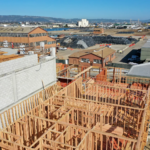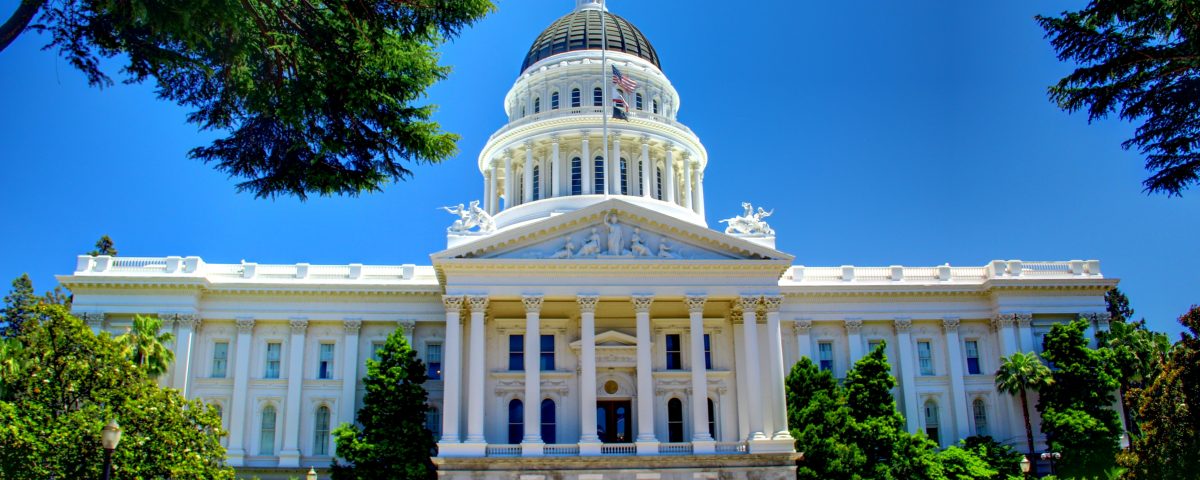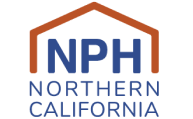Governor’s Budget Proposal Starts Discussion on Long-Term Affordable Housing Solutions, Including New California Housing Agency

Proposition 5 Reflections from Our Executive Director, Amie Fishman
November 14, 2024
*Press Release* Statement on Affordable Housing Bond Act of 2026 from NPH Executive Director Amie Fishman
February 18, 2025
Last week, Governor Newsom unveiled the first step of the budget process by releasing the 2025-26 state budget proposal. The proposal shows slightly higher-than-expected revenue due to a stock market and state economy that performed stronger than earlier predictions. Despite these slight gains, this first proposal to balance the state budget does not include many housing programs important to NPH members.
At this early stage of budget negotiations, it’s critical that state lawmakers offer recommendations and additional proposals for the affordable housing solutions that our neighbors and communities are counting on us for. In the legislature, Democratic leadership will have the opportunity to make their own proposals – with their concerns on affordability in mind and with a commitment to housing that matches Californians’ perennial concerns for housing affordability.
The budget announcement offers some real, promising signals as well. It lays out a new vision for addressing California’s housing needs: a cabinet-level housing and homelessness agency that would enable our members to receive the support they need to build more affordable housing and more quickly for Californians.
All of this comes as the state watches the devastation in Los Angeles unfold as whole neighborhoods burn in some of the worst fires we’ve seen in recent history. Our hearts and deep concern go out to our California neighbors impacted by this unprecedented disaster. We don’t know what the final impact of the fires will be, but we do know that with the as-yet-known scale of loss of life, home, and community, California’s pressing housing emergency is further compounded. As the Governor and the Legislature move to offer aid to those suffering displacement and loss, Californians across the state are reminded of how foundational housing is to our communities, our health, and our safety.
What’s In the Current Budget Proposal?
In the summary of the budget’s Housing and Homelessness programs, the administration continues its focus on the homelessness crisis and strengthening local accountability measures to keep cities and counties on pace with housing production goals. It highlights the technical assistance programs that support local governments in rising to the challenge of building enough housing – and champions strong accountability measures while saying the state can do more to reward those that build housing and punish those who do not.
The summary also stresses the progress made in funding affordable housing to-date. However, because California’s fiscal outlook has only improved somewhat, the Governor’s proposal still includes cuts across many housing programs to balance the budget. Many of the programs that NPH members rely on to develop housing and address homelessness have been removed. While the proposal retains $100M for encampment resolution grants, no funds have been included for:
- 2026 Enhanced State Tax Credits, the program that leverages federal tax credits for the construction and rehabilitation of affordable housing
- Multifamily Housing Program (MHP), HCD’s most flexible housing funding program to support projects that still need gap financing
- Homeless Housing, Assistance and Prevention (HHAP) Program, which supports local governments and continuums of care with grants to help alleviate homelessness
- Portfolio Reinvestment Program (PRP), which supports rehabilitation of existing affordable housing
- Joe Serna Jr. Farmworker Housing Grant Program, which supports building and rehabilitating housing for agricultural workers
- Infill Infrastructure Grants (IIG), which helps with the cost of the necessary infrastructure for housing development
- CalHOME, which supports first-time homebuyer and housing rehabilitation assistance
While affordable housing developers will still have access to some funds previously earmarked for affordable housing – including the 2025 round of the enhanced state tax credits and some planned NOFAs, like HCD’s SuperNOFA (MFSN) and Round 9 of SGC’s Affordable Housing and Sustainable Communities program (AHSC) – this funding will run out quickly. Addressing our housing crisis requires a long-term and sustained investment. This is why it’s so critical that the state legislature engage with their communities and prioritize their concern for housing affordability.
The proposal’s overview details the potential of a new, unified housing agency, which is an indicator that housing and homelessness issues remain a priority for the Administration. This combined agency could streamline affordable housing finance, simplifying and improving the process that developers undergo – from applying for funding to breaking ground on new homes. For our members, this change could mean that construction of new units is faster and less expensive. The proposal promises more details soon on what agencies and programs could be consolidated in a Reorganization Plan submitted to the Little Hoover Commission. NPH is excited about the potential outcomes that could be delivered through the agency: more affordable homes being built faster for the Californians who need them the most.
What’s Next?
This proposal is just the beginning of the state’s annual budget process. The budget will now go through both houses of the legislature where they will discuss how to include their own priorities for the state. In a few months, the Governor will issue the May Revise with updated revenue numbers. Then, the legislature’s leadership will negotiate with the Governor before passing a final budget in mid-June. The Governor must sign a balanced budget before the start of the fiscal year on July 1, 2025.
NPH, with our members, is committed to partnering with the Governor and Legislature through this process as lawmakers balance the fiscal reality facing California with the critical housing affordability and homelessness needs across the state.
With housing as Californians’ top concern, and affordability as part of lawmakers’ top priorities, we will work together to identify solutions that prioritize Californians’ greatest need – more affordable homes for the Californians who need them. In last year’s difficult budget cycle, most of the same housing programs that are proposed as cuts this cycle were similarly, heavily cut in last January’s proposal and then partially re-funded through the legislature’s process. The upcoming legislative session will be a crucial time to protect Californians and the progress we have made — and must continue making — for housing solutions.
In particular, we will seek new investments for the Multifamily Housing Program, a flexible funding source that would invest in the state’s pipeline of affordable housing developments and allow projects that already received partial funding to move toward construction, and the state housing tax credit that allows our state to pull down leveraged federal dollars, amplifying our members’ impact.
As lawmakers continue the work, it’s critical to name that investments in affordable housing are a key way to not only maximize our state dollars in securing affordable communities, but also begin to re-build from the loss and utter devastation experienced right now by tens of thousands of Californians with the Los Angeles fires. The state will need to take decisive action to restore housing access and rebuild strong, healthy communities.
We also know that when we invest in affordable housing, we secure more than just new homes – we also secure stronger public health outcomes, educational outcomes, and economic outputs, just to name a few. Investments in affordable homes are a top priority for Californians and a top strategy to strengthen our community members’ ability to thrive.

